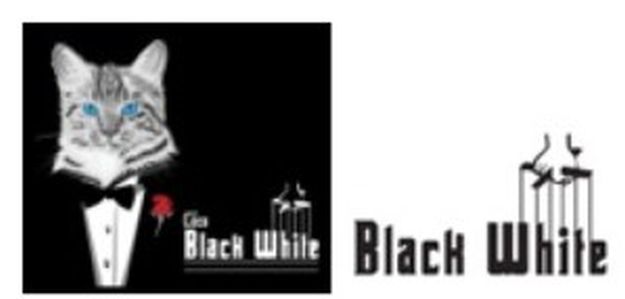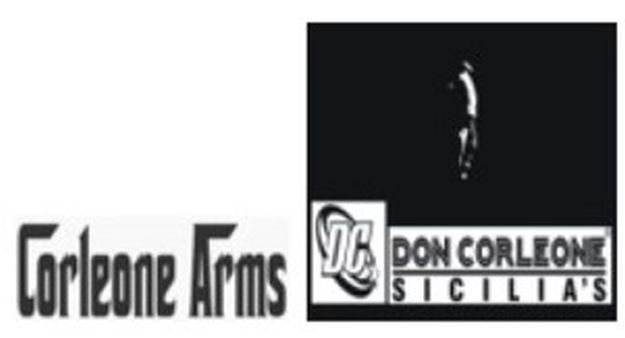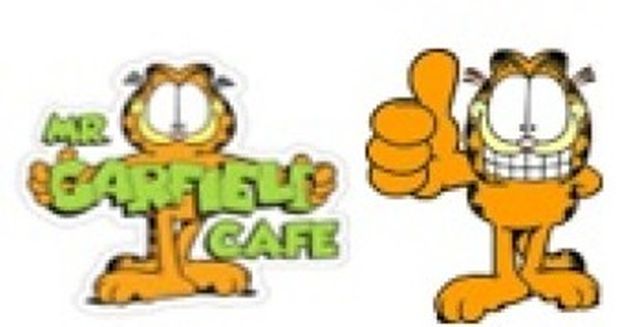We love iconic movies, animated TV series, comics, cartoons, and platform games, and enjoy making them a part of our daily life, perhaps by drinking a cup of coffee with a mug bearing a Hogwarts logo or wearing pyjamas featuring Mickey Mouse. They are not just fictional works but also symbols with a cultural effect and commercial value. This often leads to unauthorised use of the titles and characters of these copyrighted works and any other associated signs, both at a trademark registry level and in commercial life; for example, as a name of a cafe or a tobacco brand.
The Turkish legislation protecting copyrighted works
People who wish to use copyrighted works in Turkey should be aware that their usage is subject to the authorisation of the copyright holder(s) and unauthorised usage and/or trademark applications can be prevented by the copyright holder(s) based on the provisions of Law No. 5846 on Intellectual and Artistic Works (Law No. 5846) and Law No. 6769 on Industrial Property (the IP Code).
This article focuses on third-party trademark applications that include copyrighted works, such as the titles and characters of famous movies, animated TV series, comics, cartoons, and platform games, and other associated signs.
In Turkey, the protection of copyrighted works in these types of cases is well defined in the IP Code. According to Article 6/6 of the code, a trademark application that contains the name, trade name, photograph, copyright, or any other intellectual property right of a third party can be refused based on an opposition filed by the right owner.
Decisions on Turkish trademark applications involving notable copyrights
The Turkish Patent and Trademark Office (the Office) has issued several decisions where copyright holders' rights are protected against third-party trademarks bearing signs identical or similar to the name and appearance of fictional characters, titles, logos, colours, and any other signs associated with movies, animated TV series, comics, cartoons, or platform games.
For example, third parties have applied for signs inspired by the famous movie The Godfather, but these trademarks were rejected by the Office based on Paramount Pictures' oppositions as the copyright holder.
The trademark applications 'The Grillfather', in class 43, 'The Dogfather',in classes 35 and 44, and 'The Godfather', in classes 29, 30, 35, and 43, as shown below, were refused by the Office based on Paramount's copyrights in the title of The Godfather movie, the distinctive typeface, and the marionette hand design in the well-known logo of the movie, below.

The Office also refused the trademark applications 'Coco Black White', in classes 04, 07, 34, and 35, and 'Black White', in classes 34, 35, 37, 39, and 43, as shown below, which copy the typeface and the marionette hand design used in the logo of The Godfather movie, upon Paramount's oppositions based on its copyrights.

Trademark applications using "Corleone" and Marlon Brando's silhouette as Vito Corleone – such as 'Corleone Arms',in class 13, and 'Don Corleone Sicilia's', in classes 25 and 35, as shown below – were also refused by the Office upon oppositions filed by Paramount, relying on its copyrights on the name of the fictional character Vito Corleone in The Godfather.

In finding Paramount's oppositions based on Article 6/6 of the IP Code admissible, the Office noted that:
- The Godfather is a famous movie in Turkey;
- The movie's main character, Vito Corleone, and the elements of the logo of the movie, such as the typeface and marionette hand design, are well known by Turkish people; and
- Paramount has copyright registrations before the US Copyright Office for the movies The Godfather, The Godfather Part II, and The Godfather Part III, including the characters and logos.
Characters and signs of famous animated TV series, comics, and platform games such as SpongeBob SquarePants, Garfield, and Super Mario have also been subject to 'creative' trademark applications infringing copyright holders' rights.
The trademark application 'Mario The Fisherman', below left, seeking registration in classes 29 and 35, which depicts a man with a moustache and wearing blue overalls, a red long-sleeve T-shirt, and a red cap bearing an "M" logo, as illustrated, just like the Super Mario character, below, was refused by the Office upon Nintendo's opposition based on its copyrights on the Super Mario character.
The Office also refused the trademark application 'Spor Mario', below, which imitates the distinctive typeface and colours used in the logo of the Super Mario platform game, below, based on Nintendo's copyrights, as per Article 6/6 of the IP Code.

The trademark application 'SüngerPub', below, in class 43, was refused by the Office based on the copyrights of Viacom on the world-famous animated TV series SpongeBob SquarePants, the character's name and appearance, and the colours and other elements used in the logo, below, such as the sponge-like characters in the "SpongeBob" word and a puddle shape in blue.

The trademark application 'Mr. Garfield Cafe', below, was rejected following Paws Incorporated's opposition based on its copyrights on the famous comic strips and the character Garfield, below.

Standard practice of the Turkish Patent and Trademark Office
As signalled by the above-mentioned decisions, the Office's practice with regard to protection of copyright holders' rights on the titles and characters of movies, animated TV series, comics, cartoons, and platform games, and any other associated signs, is well established and the Office has a broad approach with regard to these types of cases.
Copyrighted works are protected in Turkey through Law No. 5846, and as of the date of its creation without the registration requirement, and the copyrights of foreigners are also protected in Turkey through the Berne Convention for the Protection of Literary and Artistic Works. Therefore, in trademark opposition cases based on Article 6/6 of the IP Code, opponents – i.e., copyright holders – do not have to submit copyright registration certificates obtained in Turkey, but any other documents, such as copyright registration certificates obtained in other countries and/or documents regarding the creation of the relevant work, would be helpful to prove the copyright holders' rights on the relevant work.
It may also be helpful to rely on other grounds, if available, such as:
- Bad faith of the applicant;
- Likelihood of confusion if there is an earlier-dated trademark for the relevant copyrighted work; for example, a trademark for the appearance of the fictional character or the title of the copyrighted work; and
- Dilution due to well-known status of the trademark, which includes the copyrighted work.
In cases where a copyrighted work is imitated as per Article 6/6 of the IP Code, the Office usually finds claims based on bad faith of the applicant admissible as well, considering that the similarity of the contested application with the copyrighted work cannot be a mere coincidence, and it often accepts dilution claims when supported by evidence such as media coverage.
First published by Managing IP in May 17, 2024.
The content of this article is intended to provide a general guide to the subject matter. Specialist advice should be sought about your specific circumstances.



